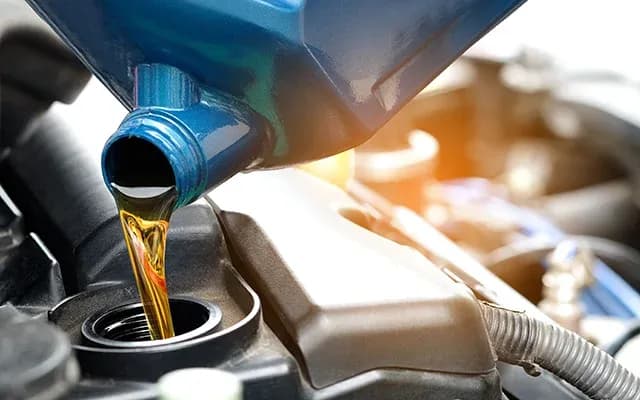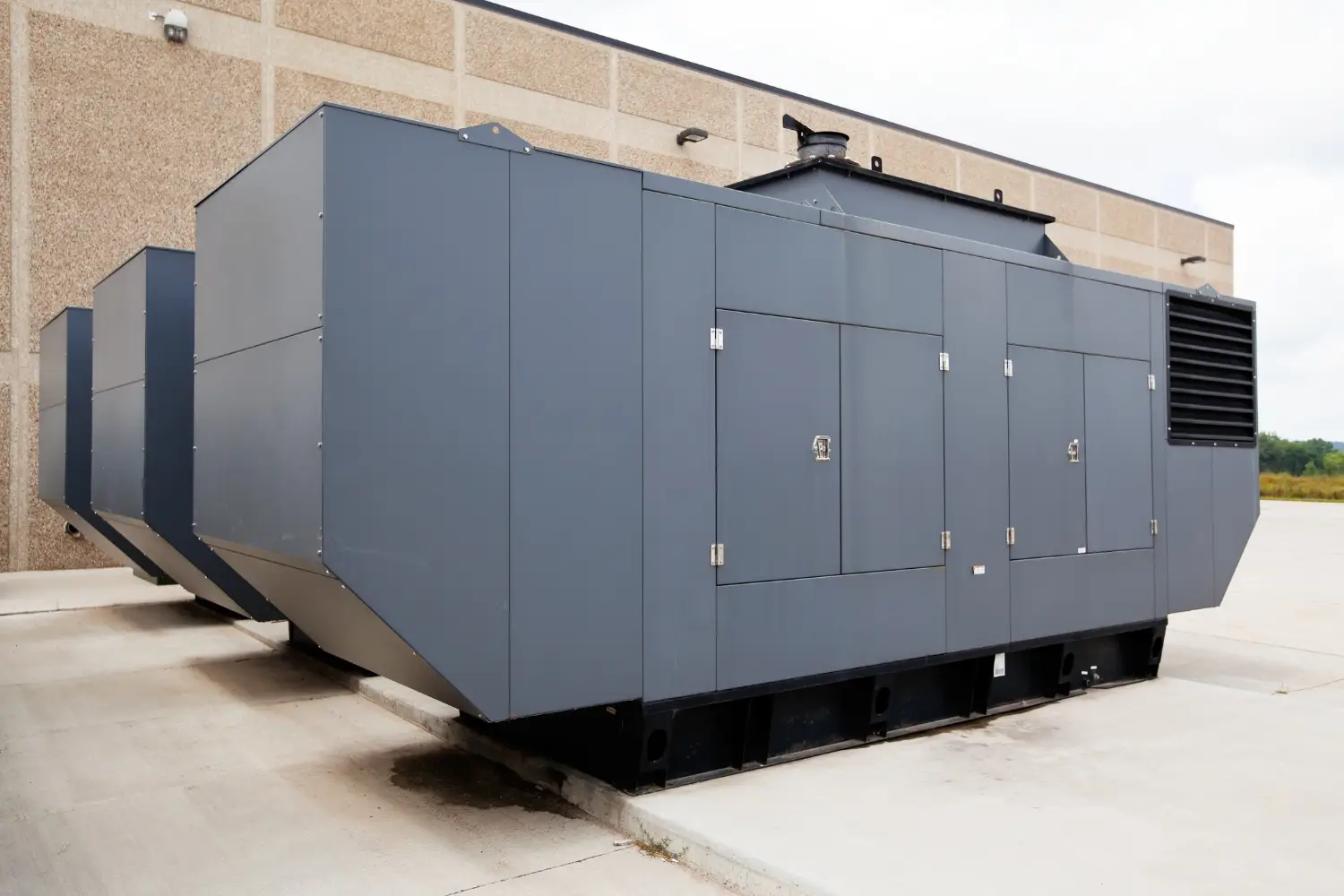Energy Efficiency in Generators: How to Reduce Fuel Costs
Importance of Energy Efficiency in Generators
Economic Impact of Energy Efficiency
Generators that operate inefficiently can consume excessive fuel, increase component wear, and require more frequent maintenance, raising total operating costs.
Environmental Benefits of Consumption Optimization
Beyond cost savings, investing in energy efficiency reduces pollutant emissions, contributing to environmental sustainability. Optimized operation lowers CO₂ and sulfur emissions, aligning businesses with environmental responsibility standards.
Factors That Influence Fuel Consumption
Proper Generator Sizing
Using an oversized or undersized generator is a leading cause of inefficiency. Equipment running below optimal load consumes more fuel per kW, while overloads raise the risk of mechanical failure.
Example: A 250 kW generator running at 32% load to meet an 80 kW demand will consume more than a unit sized for 70–80% load.
Fuel Type and Quality
Fuel quality directly affects combustion efficiency. Adulterated or low-grade diesel causes carbon buildup in injectors and combustion chambers, harming performance and increasing consumption.
Environmental and Installation Conditions
Extreme temperatures, high altitudes, and low oxygen levels reduce engine efficiency. Proper installation, with good ventilation and weather protection, is essential for optimal performance.
Strategies to Improve Generator Energy Efficiency
Preventive Maintenance
Scheduled maintenance — filter changes, injector cleaning, valve calibration — keeps the engine running as intended, ensuring more efficient combustion.
Practical tip: Base maintenance plans on operating hours and follow manufacturer recommendations to increase lifespan and efficiency.
Performance Monitoring Systems
Telemetry systems enable real-time tracking of fuel usage, applied load, and network voltage. Continuous data analysis helps identify efficiency losses and enables timely corrective actions.
Operator Training
Trained operators are essential. They should know how to manage loads properly, avoid unnecessary starts/stops, and monitor performance indicators during operation.
Economy Operation Modes
Modern generators offer fuel-saving modes that automatically adjust engine speed according to load demand, promoting smarter, more economical operation.
Technologies and Innovations Supporting Efficiency
Automatic Start and Load Management Systems
Automated start/stop based on demand avoids unnecessary run time during low load periods, optimizing consumption.
Hybrid Generators and Renewable Energy Integration
Hybrid systems combining combustion engines with solar panels or batteries significantly reduce fuel use in long-term operations.
Example: In warehouses or off-grid sites, solar panels allow the generator to run at minimal load for most of the day, reducing diesel use.
Advanced Engines and Onboard Electronics
New high-efficiency diesel engines, electronic injection systems, and advanced ECUs can reduce fuel consumption by up to 20% compared to older models.
Final Thoughts on Generator Energy Efficiency
Investing in energy efficiency isn’t just cost-saving — it’s a strategic operational and environmental decision. Proper equipment selection, strict maintenance, operator training, and new technology adoption are key pillars for reducing fuel consumption.
Companies adopting these practices become more competitive and sustainable, reducing financial and environmental impact in the medium and long term.
Want to save while ensuring energy efficiency for your business? Contact a specialized manufacturer like Geraforte, with over 16 years in the generator market. Our team of engineers and specialists is ready to assist you!
Discover our products.





